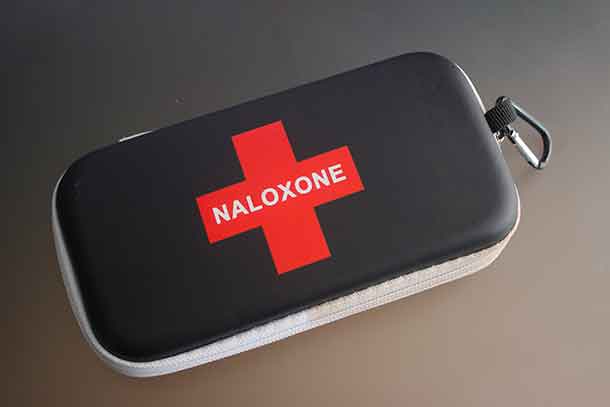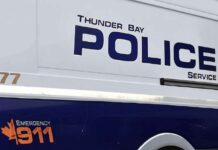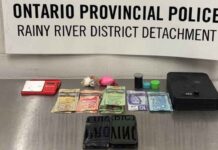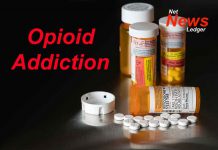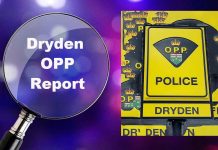Thunder Bay – Dangerous and illegal drugs are continuing their path of havoc in Thunder Bay.
There continues to be increased calls to Thunder Bay Police and Superior North EMS for opioid poisonings (fatal and non-fatal) as a result of a toxic drug supply in Thunder Bay.
In the first 15 weeks of the COVID-19 pandemic in Ontario, 695 people died of a confirmed or suspected opioid-related death, representing a 38% increase compared to the 15 weeks immediately preceding the pandemic. Provincial data indicates this is largely affecting males between the ages of 25-44, and we have reason to believe this is similar for Thunder Bay.
“More frequently in recent weeks and days, the deaths in Thunder Bay have been related to street drugs poisoned with powerful synthetic opioids,” said Sylvie Hauth, Chief of Police.
She added that use of an opioid commonly referred to as “pink down” or “pink dizzy” is suspected, but other substances may also be a cause of the increase. Signs of opioid toxicity include impaired breathing, loss of consciousness, inability to talk, blue fingernails or lips, or loud snoring or gurgling.
“Certainly, the pandemic has highlighted that there are increasing overdoses across Ontario and so if we don’t focus energy and resources on mitigating those harms, the loss of life from overdose is going to get worse,” said Cynthia Olsen, Thunder Bay Drug Strategy Coordinator.
The social isolation required to keep people safe from COVID-19 is having an impact on mental health and “alcohol and substances are often used as a coping mechanism,” she said. “It could be escalating the harms for individuals.”
If you are experiencing a mental health crisis, Olsen encourages individuals to reach out to Crisis Response (807-346-8282) or to the NAN HOPE line – a 24/7 live answer at the toll-free telephone line at 1-844-NAN-HOPE (626-4673) or go the website nanhope.ca to chat, text or phone.
Agencies such as the supervised consumption site (Path 525), outreach harm reduction services, the Rapid Access to Addiction Medicine Clinic, and withdrawal management services in Thunder Bay have done a good job of adapting to the need for physical distancing and reaching out to clients.
As much as COVID-19 requires physical distancing, it is recommended that if you use substances do not do so alone. You can reduce risk with the following:
- Using drugs in the presence of others, or arranging for someone to check in on you
- Trying a small amount before using your usual amount, and not everyone using at the same time
- Calling 911 if someone develops signs of opioid toxicity, and
- Carrying naloxone – a medication that temporarily reverses toxicity due to any kind of opioid. Naloxone is free and widely accessible in Thunder Bay. You can get from almost any pharmacy, or by calling Superior Points 621-7862 or 621-7861
“Even if you don’t suspect someone is using drugs, if they live alone, I encourage the community to check in on loved ones,” added Olsen. “The majority of opioid overdoses are unintentional, are occurring in private residences, and roughly 35% of people are alone at the time of death.”

